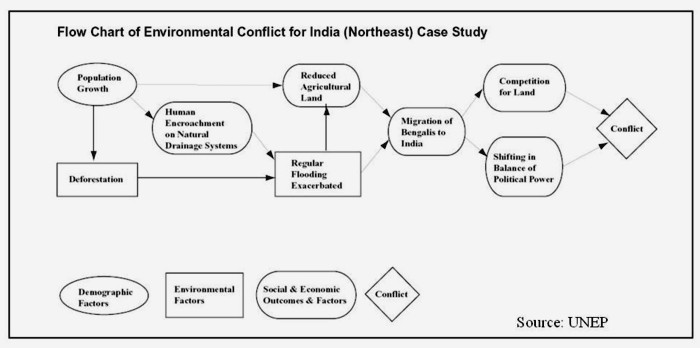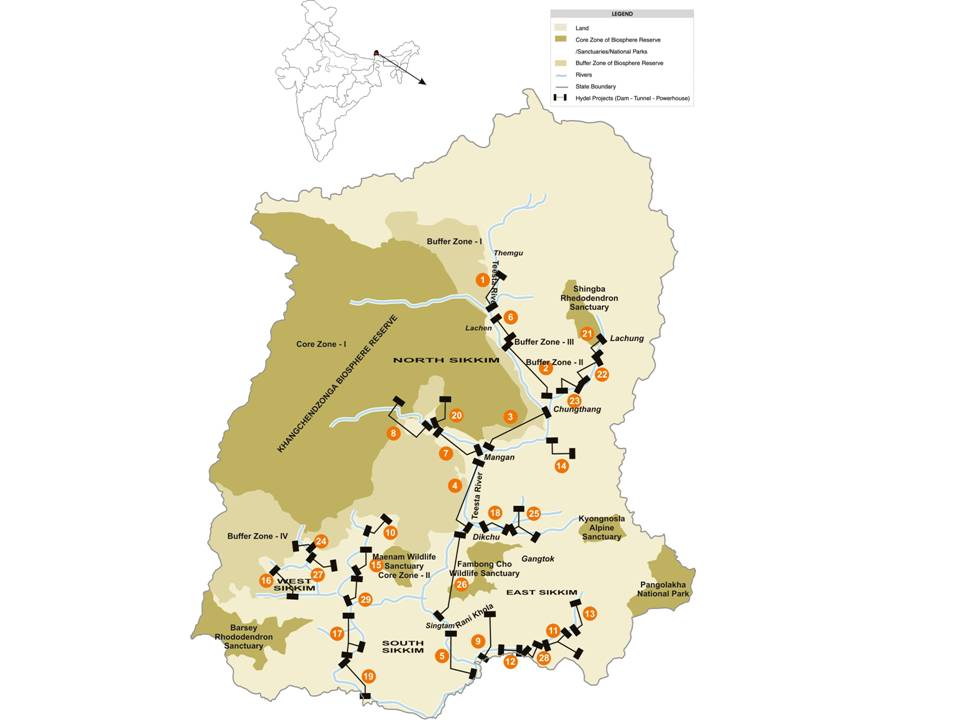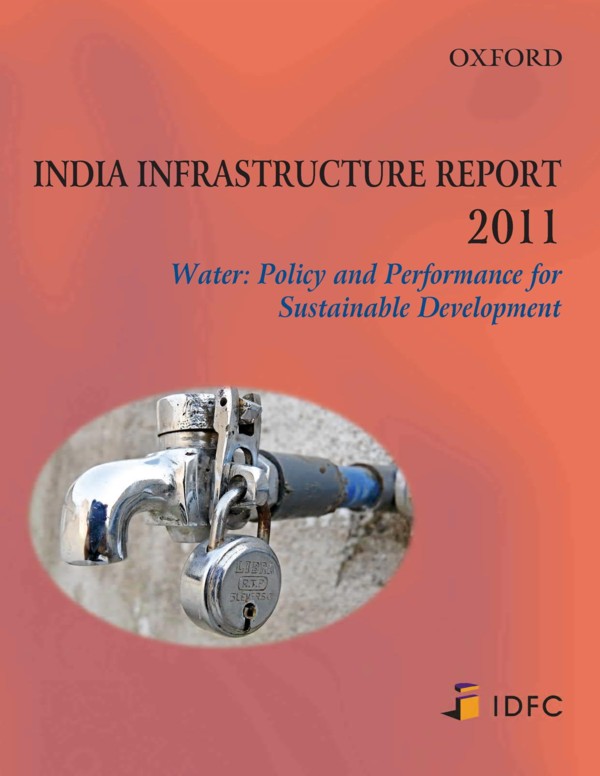KJ Joy
Is the Jalayukt Shivar Abhiyan just a quick fix to manage droughts?
Posted on 02 Aug, 2019 10:29 AMMaharashtra is reeling under drought this year too, with the situation in Marathwada particularly bad.

ACT one: Anti-dam, pro-people
Posted on 23 Apr, 2018 02:22 PMTenzing Lepcha, the lead activist of Affected Citizens of Teesta (ACT), is proud of his work in the last year. “All this was overgrown,” he says pointing at the orderly farm.

Alternative Futures: India Unshackled
Posted on 22 Jan, 2018 10:39 AMAlternative Futures: India Unshackled is a book that brings together scenarios of an India that is politically and socially egalitarian, radically democratic, economically sustainable and equitable, and socio-culturally diverse and harmonious.

Big dams create big conflict
Posted on 24 Feb, 2014 04:25 PMNortheast India has been in turmoil over the last two decades or so because of unbridled hydropower development in the region. This article is an effort to understand the extent of hydropower development in the region, the multi-faceted and multi layered conflicts unleashed by this development and also explore ways of engaging with them. It is organised around three broad sections:

Multi-stakeholder dialogue is messy, but necessary
Posted on 16 Feb, 2012 01:32 PMA workshop on ‘Understanding and resolving water conflicts in the North East India', was organized by Forum for Policy Dialogue on Water Conflicts in India (Forum), in collaboration with Aaranyak (Guwahati), Centre for the Environment, IIT (Guwahati), Arghyam (Bangalore), SaciWATERs-CapNet Network (SCaN) and Cap-Net to discuss emerging issues related to water conflicts and their resolution in the region. This workshop was held in Guwahati on January 23-26, 2012. It aimed at presenting concepts and theory related water conflicts as well as issues especially relevant to the North East Region.

"It is necessary to move away from a project-based approach towards a holistic perspective": Report of the dialogue on mainstreaming river basin planning held from 9 to 11 August 2011 (New Delhi)
Posted on 03 Feb, 2012 11:35 AMThis three day dialogue workshop on 'Mainstreaming river basin planning' held from 9th to 11th August 2011 in New Delhi intended to bring together activists involved in dam movements and other social and environmental movements, civil society groups, experts in water resources management, environment, river basin planning, officials from all the relevant ministries and departments and others concerned. Selected invitees from South Asian countries were also invited for sharing their views on transboundary issues.

Water: Policy and performance for sustainable development - India Infrastructure Report 2011
Posted on 20 Jan, 2012 04:55 PMThe India Infrastructure Report (2011) brought out by the Infrastructure Development Finance Company focuses on 'water' and seeks to 'evolve an appropriate policy framework from the perspective of rights, entitlements, and conflict resolution mechanisms'. The report aims to answer the following questions:
- How clear is the strategic vision for water resource management and sustainable development?
- How effective and equitable is the legal framework?
- Given that only the supply-side approach will not help in meeting future demand, what legal, regulatory, institutional, and pricing mechanisms will be necessary to efficiently manage and restrain demand?

Understand water conflicts around India with the help of Google Maps - Water Conflicts Forum
Posted on 14 Feb, 2011 12:42 PMWe are beginning this effort with the conflicts that we have already documented by the Forum. You could also contribute to this effort by sending in abstracts of conflict cases that you know.
Babhli water conflict: Less water, more politics - EPW article
Posted on 01 Sep, 2010 02:13 PMThis paper published in the Economic and Political Weekly highlights the recently growing conflicts over water sharing between states in India and argues that the intensity and periodicity of these conflicts are increasing and that these conflicts are expected to get worse with the increasing uncertainty of rainfall and water availability. The document goes on to describe the latest one in the news, the conflict between Maharashtra and Andhra Pradesh over the Babhli barrage.